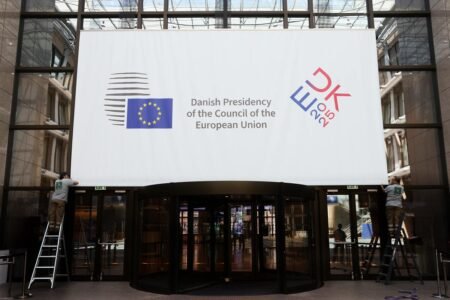After a pause lasting two months, cryptocurrencies like bitcoin, Ethereum, Litecoin and Ripple are once again heading higher. Bitcoin traded above $5,000 for the first time on October 12th. Ethereum, the second largest cryptocurrency, is trading at $345 and seems to be targeting its all-time high of $390. Ripple is trading at $0.28, having rallied from $0.16 in August.
Source: Pexels.com
In September bitcoin forked into bitcoin and Bitcoin Cash. Bitcoin Cash has already displaced Litecoin as the fourth largest cryptocurrency, with a market capitalization of $5.2 billion. The applications and use-cases seem to grow by the day. Besides companies like Microsoft, Tesla, and Expedia now accepting bitcoin (either directly or through a proxy), new innovative applications are springing up around the world.
For instance, a new emerging pastime, bitcoin gambling, is also gaining popularity on sites like Crypto-Games. The site allows gamblers to play casino games like blackjack, poker, and roulette, using a wide variety of cryptocurrencies, and in a “provably fair” environment. Another company, Custos, is using bitcoin as a bounty to reward those who sniff out digital piracy. The company encrypts digital content with a watermark and a bitcoin reward for those who find the content in the wrong hands.
Similarly, citizens in countries with poor banking systems finally have a reliable and cost-effective method of making online payments.
Banks are joining the trend too. Most banks are either experimenting with bitcoin or at the very least incorporating blockchain technology into their payment protocols. IBM, the IT giant, now has blockchain at the centre of its growth strategy.
And it seems governments are jumping on the bandwagon too. The first country to express interest in developing its own digital currency was Estonia. The currency, which is slated to be called ?Estcoin?, may be launched with the help of Ethereum?s founder, Vitalik Buterin.
More recently, Russia joined the party. The country?s finance minister, Anton Siluanov, stated that cryptocurrencies are a fact of life and that they need to be monitored, regulated and accepted. Russia?s communications minister said if his government didn’t launch its own digital currency, then their neighbours would.
This is an interesting point. The last thing a government wants is its citizens transacting in a currency controlled by another government. Governments are also realising that they cannot ignore the cryptocurrency revolution. They know that banning bitcoin, and other digital currencies, will force the industry underground. They can either attempt to regulate them, or they can launch their own and compete, possibly using state guarantees as a competitive advantage.
Crypto-currencies issued by governments will be slightly different from bitcoin, Ethereum, and Ripple. These coins will not be mined but issued by governments. They also won?t be entirely anonymous, and they will be taxed at some level.
We are therefore likely to see a race amongst countries, and possibly trade blocs like the EU, to gain first-mover advantage and become the international trading currency of choice. Those that don?t may lose out on the ability to tax regional trade. Governments are going to need to do everything they can to help their banking sectors, which are already at risk of fading into obscurity.
There are no guarantees that a government-issued digital currency will be a success. But European leaders will have to at least be seen to be making an effort, and may well jump onto the bandwagon sooner than later.








